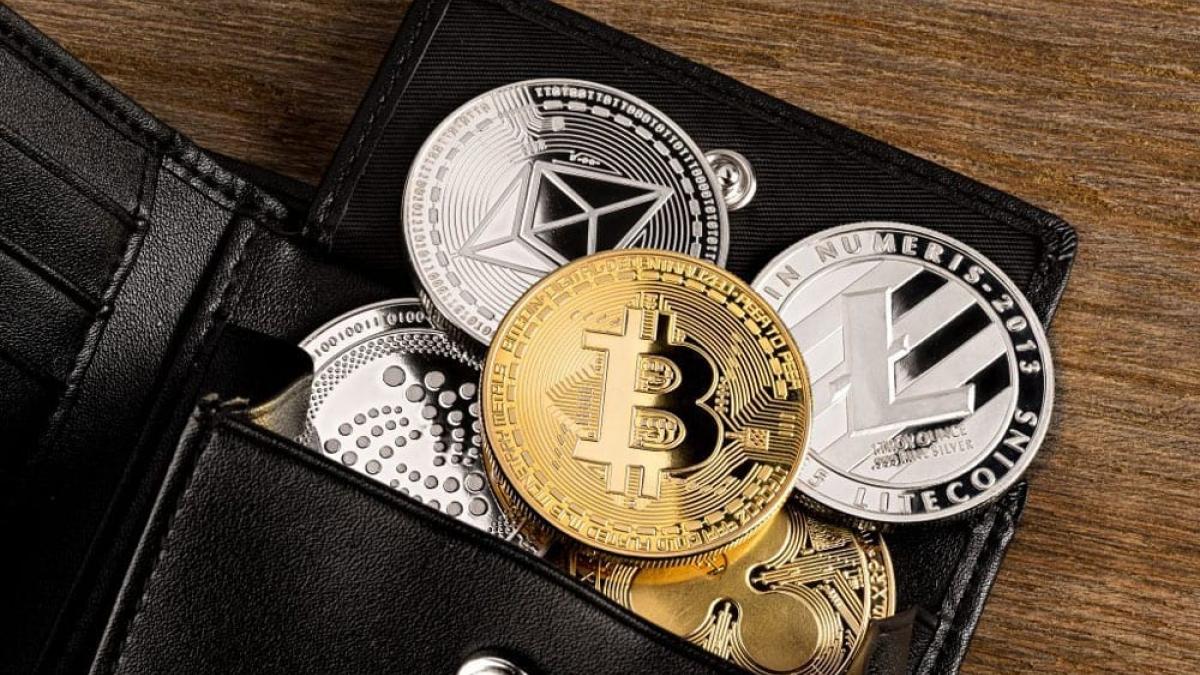EXPLAINED: How to store your crypto safely and avoid hacks
In light of the various hacks and liquidations of crypto exchanges and Decentralise Finance (DeFi) platforms, experts advise crypto investors to not keep their crypto funds in any such places. But what other options do investors have?
Well, investors have not just one, but several other options, based on their requirements. But let us first understand why it is not safe to store your crypto in the aforementioned places.
Why should you not store your crypto on an exchange or on any DeFi platform?
It is advisable to not store one’s crypto holdings on any centralised platform like exchanges or DeFi platforms. It is because the custody of the funds is with the platform itself and not the investor. Moreover, these platforms are prone to hacks.
In the recent past, DeFi platforms, like the Celsius Network, 3 Arrows Capital, Voyager Digital, Vauld, and other faced financial strains because of which investors’ funds became inaccessible. And hence investors are advised to store their cryptos in different types of crypto wallets.
But what are crypto wallets?
Crypto wallets are pieces of hardware or software used to store your crypto assets. Every crypto wallet has an identity, which comprises a pair of private keys and public keys.
What are public and private keys and what do they do?
Public and private keys provide an alphanumeric identifier for your crypto wallet, which is called, your wallet address.
What does a crypto wallet address do?
The crypto wallet address specifies where the crypto tokens can be sent on the blockchain network. The private keys of a crypto wallet are never supposed to be disclosed. The public key is disclosed to sender of cryptos to identify the address.
Crypto wallets can be divided into groups
a) Based on how frequently they are connected to the internet and
b) Based on their technology.
Based on internet connectivity, they are divided into two categories
1. Hot Wallets
Hot wallets are regularly connected to the internet. They are more user-friendly but less secure since they are frequently connected to the Internet. Hot wallets are usually utilised for daily transactions. They offer immediate access to the…





